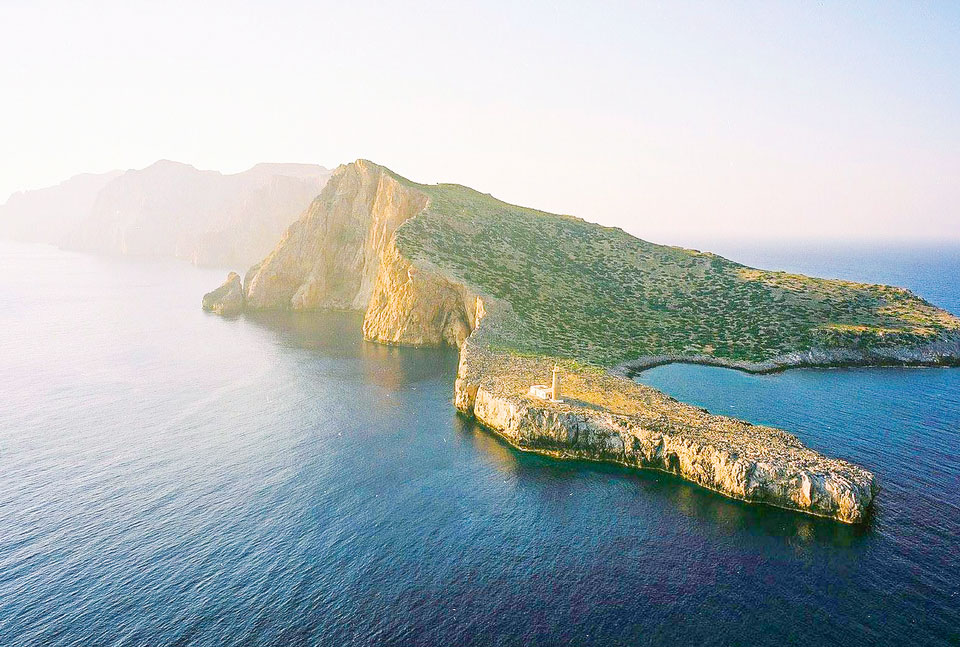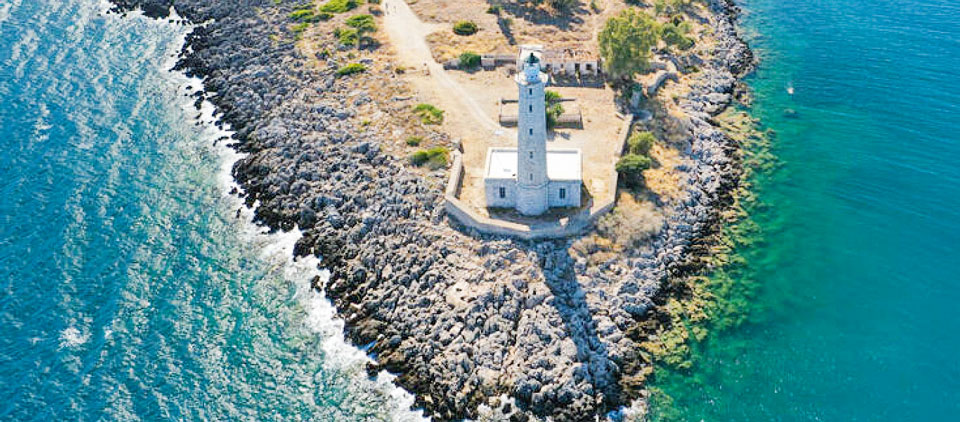
Otherwise, you will see lighthouses from land, otherwise from the sea. Their reassuring glow in the dark is a balm for those who travel, a clear reminder of human solidarity. Being a sailor, I learned to recognize them, measure the rays of light and the duration of darkness, so that I know where I am without navigational charts and GPS. Therefore, I find the Navy’s initiative to open them to the public once a year, every third Sunday in August, on the occasion of World Lighthouse Day, especially commendable. This is a first-class opportunity to draw attention to the maritime heritage, which received a great response. On August 21, more than 18,000 visitors visited 28 lighthouses across Greece, with “champions” in their favour, Kranai lighthouses in Gytheio, Arkitsa in Fthiotida and Akrotiri in Santorini, which attracted the most visitors.

Basically, these are monuments of architectural heritage, decorating caves and steep banks. Each Greek lighthouse – we have about 120 traditional ones – can tell a story about the place where it is located, as well as about the events that it witnessed. One of the most special cases is the lighthouse at Apolitares in Antikythera, the true end of Greece. It was built in 1926 and is visible within a radius of 36 nautical miles. Military personnel arrive there on a special floating lighthouse, who take care of its maintenance. In this absolute seclusion of a remote island, our country was served by a special person, the Russian admiral Nikolai Filosofov (1867-1946).

He was of noble origin, was born in St. Petersburg, a lover of music and literature. He studied at the Imperial Naval Academy and was on good terms with the Tsar. He served as chief in various positions, and in 1907, on one of his ships, he successfully salvaged sunken ships in Crete. Ten years later, the Bolshevik revolution turned his whole life upside down. He lost his two sons and his wife and fled from Odessa on foot to Constantinople. In Greece, he ended up with the king in Tatoi, but he was swallowed up by melancholy. Instead of trying to communicate, he did just the opposite and decided to continue his life as a lighthouse keeper. In 1924 he took Greek citizenship and two years later was assigned to Antikythera, where he remained until 1933. He married a local woman and during the Second World War did a lot to save the historical archive of Antikythera from the hands of the conquerors.
Source: Kathimerini
James Springer is a renowned author and opinion writer, known for his bold and thought-provoking articles on a wide range of topics. He currently works as a writer at 247 news reel, where he uses his unique voice and sharp wit to offer fresh perspectives on current events. His articles are widely read and shared and has earned him a reputation as a talented and insightful writer.